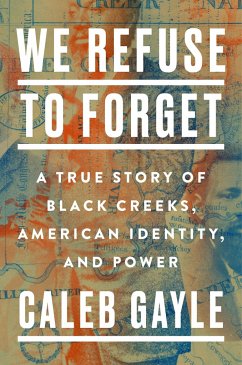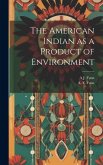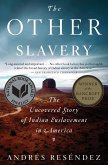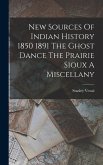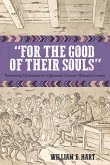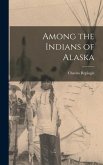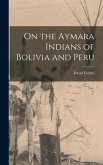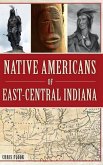The true story of how Black slaves owned by the Creek Nation became full citizens, only to have their descendents lose that citizenship through policies that marginalized Black Creeks. During the 1700s and 1800s, at least five Native American nations in the United States, including the Creek, owned slaves while also recognizing Black people as full citizens. In 1830, these tribe members-Native and Black; indigenous, free, and enslaved-were forced off their lands by the white U.S. government in what became known as the Trail of Tears. After the Civil War, thanks to the leadership of an extraordinary chief named Cow Tom-a former Black slave who had walked the Trail of Tears with the Nation-the Creeks granted equal citizenship to their newly freed slaves. A century later, this experiment in political equality ended when the Creek Nation rejected the so-called "Creek Freedmen"-Creek citizens who were both fully Creek and fully Black-and intentionally marginalized the lifelong Black citizens who could trace their history back generations as both Black and Creek. What happened to this once forward-thinking nation and its experiments with modern forms of citizenship unshackled to race? What role did the U.S. government play? What lessons can be drawn from how marginalized people can re-energize themselves not by excluding but by including others? What can we learn from this familiar story of marginalizing Black people in America? In this powerful story of shifting racial and ethnic identity, Caleb Gayle shows that these questions are not distant history. In fact, in Oklahoma today-known before statehood as Indian Territory-such questions of ethnicity and identity, history and law still drive some of the state's pressing political conversations. This book examines the contradictory, inspiring, and human stories of how diverse Americans-indigenous, Black, white, and those whose identities couldn't be ascribed to any of these categories-built lives and lived as equals and why these issues are still important today. Story Locale: Oklahoma

